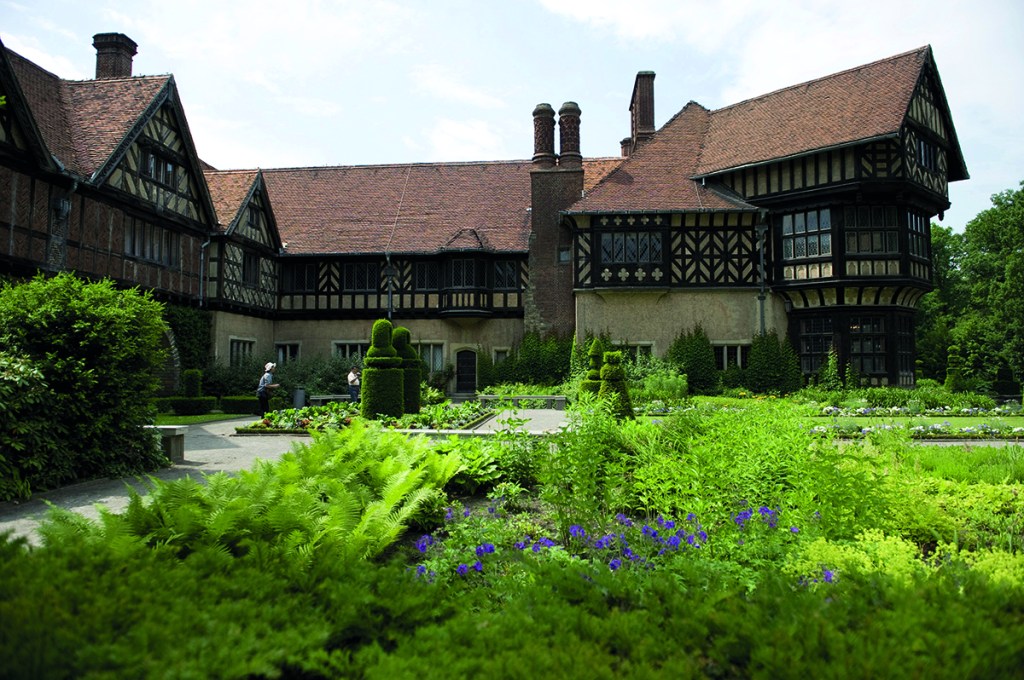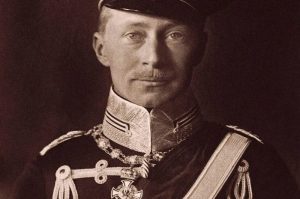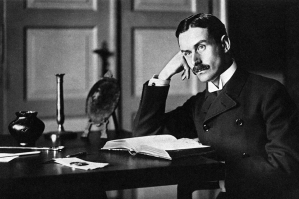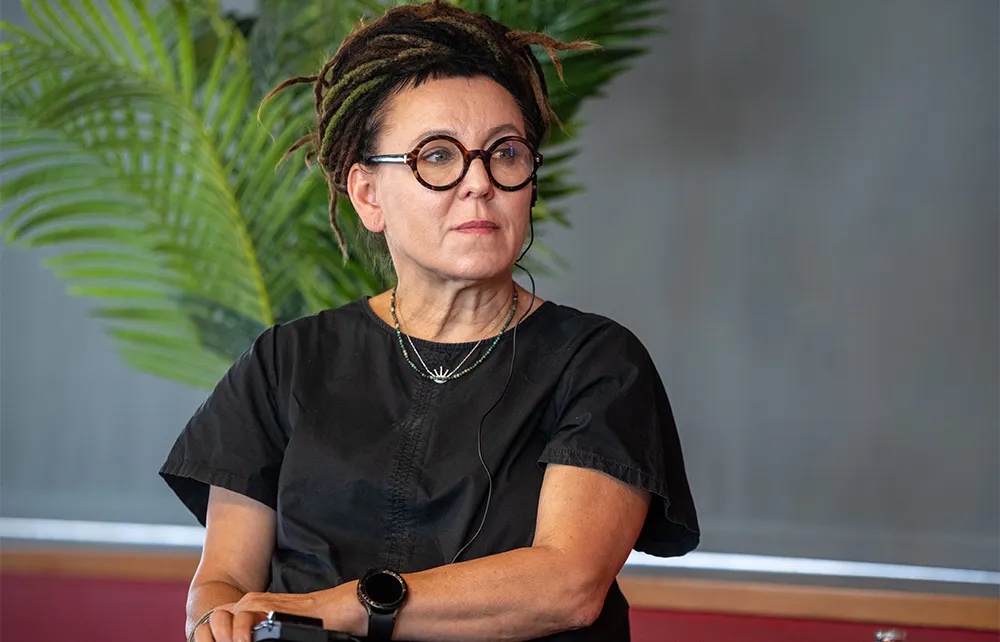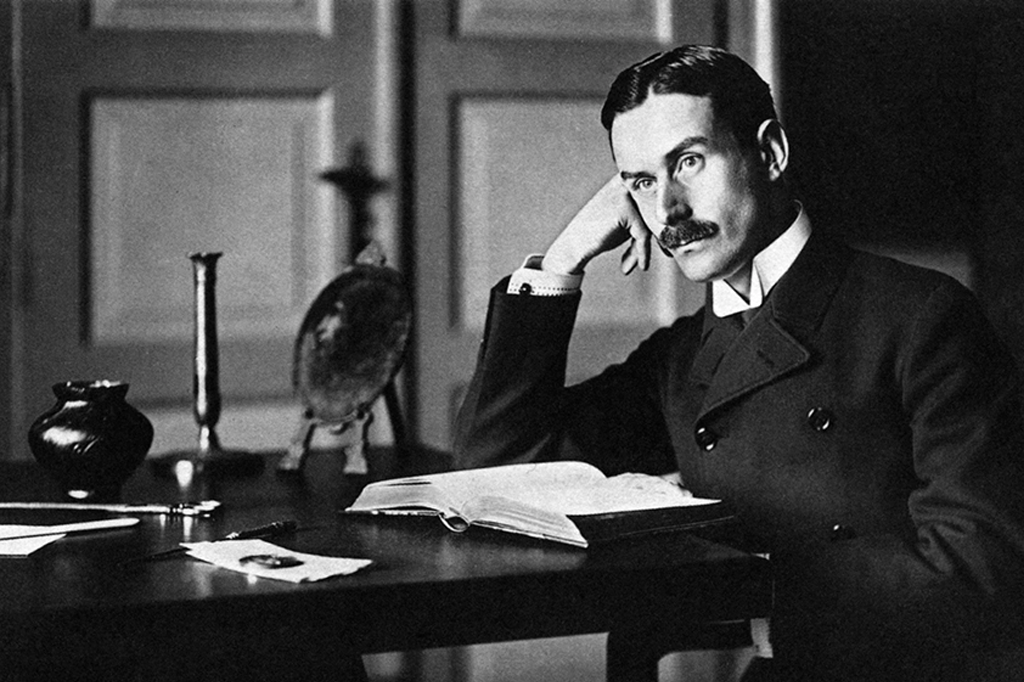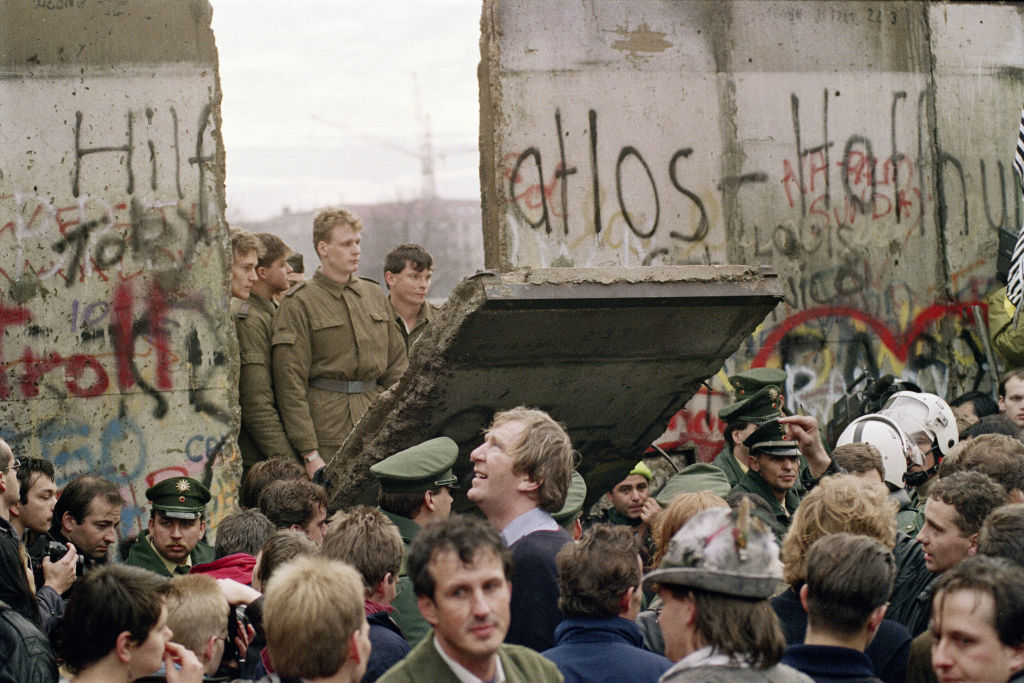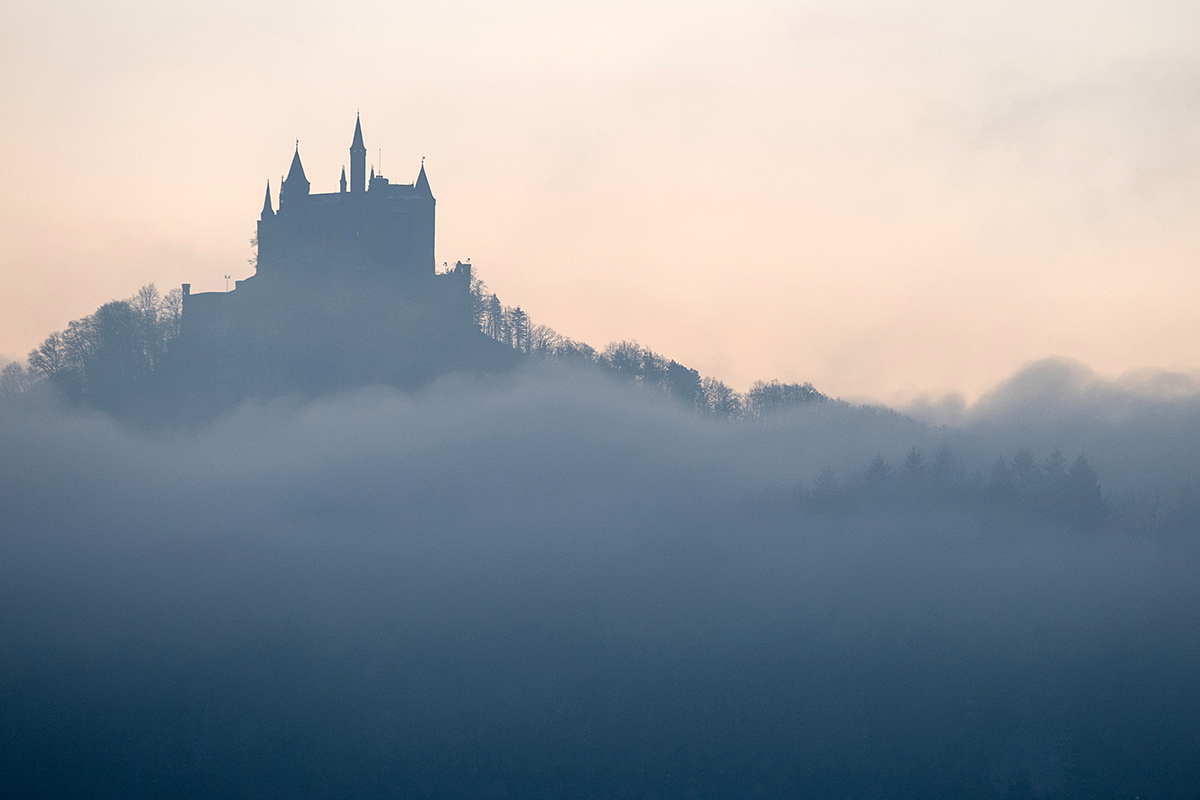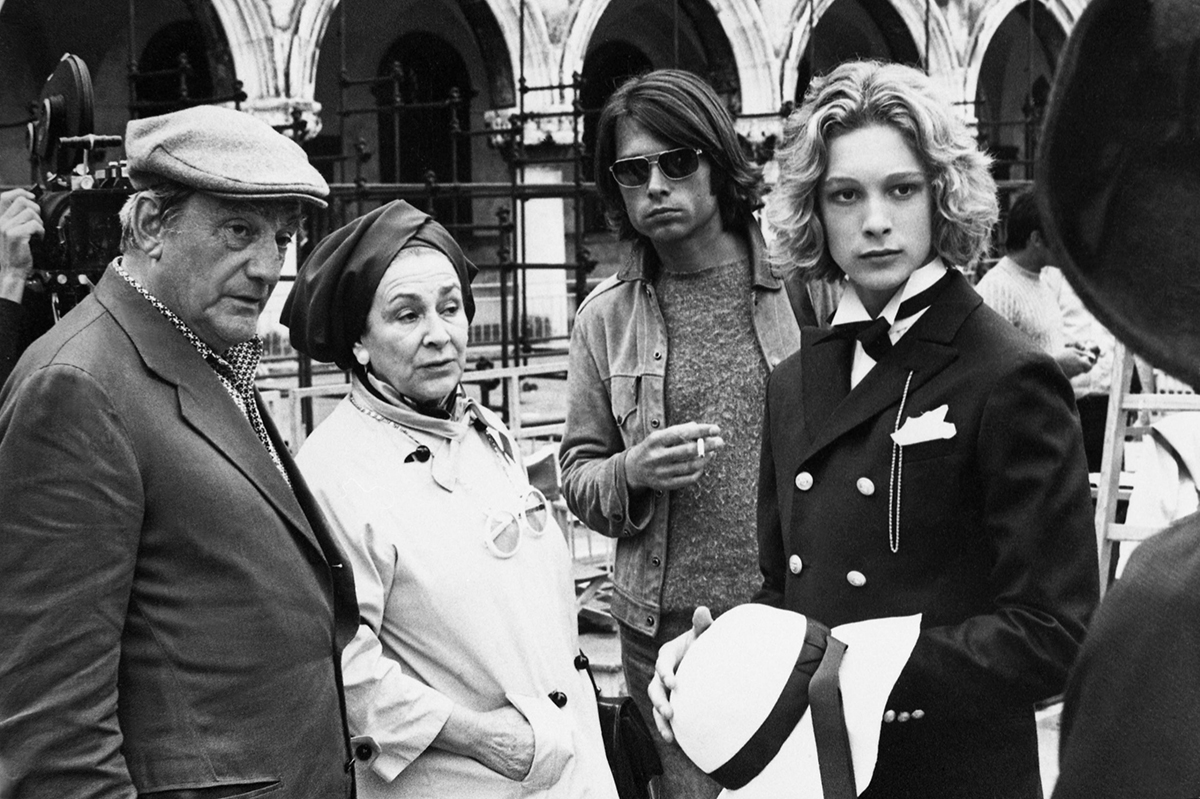My grandfather Werner von Biel was born in a huge white house on the Baltic coast of eastern Germany, a few years before World War One. I never met him. He died when I was a child. My grandmother didn’t like to talk about him. She’d left him for an English soldier at the end of World War Two. Growing up in England during the Cold War, I often wondered what had become of his Junker family, the Schloss (castle) they lived in and the land they farmed. When the Berlin Wall came down I went east, in search of the fatherland my grandmother had forsaken.
Thirty years later, I’m still searching. I’ve found a few curios along the way. The Schloss is still there, though my grandfather’s family no longer owns it (the Communists turned it into a school). Some of his relatives are still around. Yet the thing that I was looking for remains forever out of reach. It took me a long time to work it out, but now I realize all this time I’ve been looking for something the Germans call Heimat: a place that feels like home. Everyone has a Heimat, but some people never find it. It took me 30 years of traveling to learn that my Heimat is Prussia, a place that perished a lifetime ago in the rubble of the Third Reich.
For Germans, Prussia isn’t just a region — it’s a state of mind. It stood for diligence, thrift and discipline: all the traditional German virtues. It also stood for the brutal militarism that ignited two world wars. After World War Two, the victorious Allies wiped it off the map. Its western territories were divided between West Germany and East Germany, the FDR and the GDR. Its eastern territories were divided between Russia and Poland. Beyond Germany’s post-war borders, all traces of Prussia were eradicated. Its German place names were changed, its German inhabitants expelled. Even within Germany, Preussich (Prussian) became verboten, a byword for barbarity. Yet in its wild forests and windswept plains a sense of Prussia survives.
The original Prussians were Balts and Slavs, pagans until the 13th century, when they were violently evangelized by the Teutonic Knights. Conquered by these crusaders, Prussia remained a backwater until the 18th century, when Frederick the Great put it on the map. During the 19th century, Prussia expanded westward, and in 1871 (after defeating the Danes, the Austrians and the French in quick succession) King Wilhelm I of Prussia became Emperor of Germany, a Prussian empire in all but name. The 20th century should have been Prussia’s golden age. Instead, Prussia committed collective suicide and dragged Europe down with it.
Throughout the Cold War, Prussia was just a name in dusty history books. But the rending of the Iron Curtain rekindled folk memories of this forgotten netherworld. The fall of the Berlin Wall reunited its erstwhile German territories, and when Poland joined the European Union, in 2004, its Polish territories became easily accessible to western visitors. After half a century, it felt as if Prussia were reawakening — not the warlike Prussia of Kaiser Wilhelm II, but the rational, humane Prussia of Immanuel Kant.
The best place to begin a journey through the historic heart of Prussia is in Potsdam, Frederick the Great’s Teutonic version of Versailles. When I first came here in 1991, Frederick’s palace was decrepit and the town was drab. Today the palace gleams again, and the town has been beautifully restored. Rent a bike and cycle over the Glienicker Brücke (the Bridge of Spies in the eponymous Spielberg movie) to Cecilienhof, the Tudorbethan folly where Truman, Stalin and Churchill met in 1945 to carve up post-war Europe.
The part of Germany where the spirit of old Prussia lives on is Brandenburg, between Berlin and the Polish border. It’s a flat landscape of fallow fields, littered with crumbling manor houses and ancient oaks.
Further north is Rügen, Germany’s largest island, a lonely paradise of lush meadows, dark woodland and endless sandy beaches. Winters here are long and cold, but summer, though short, is warm and sunny. Nudists bask amid the dunes. The coastline is dotted with Hanseatic Ports — handsome merchant towns of tall narrow houses, made of mud-brown brick. Stralsund, the ornate gateway to Rügen, is my favorite, but most travelers head on into Poland, toward Gdansk (formerly Danzig). This is where World War Two began, and where the Soviet Union began to unravel with the Solidarity protests of the early 1980s.
A German-speaking city with a Polish-speaking hinterland, Danzig was a geopolitical powder keg, an accident waiting to happen. When the smoke cleared in 1945, there wasn’t much left to fight over. Polish craftsmen rebuilt its gingerbread townhouses, but in the 1990s it still felt like a city emerging from a long and savage siege. What a lot has changed! Today downtown Gdansk is full of bustling bars and cafes. You could almost be in Amsterdam. A few miles away is Sopot, a fashionable Prussian beach resort before World War One, now a lively seaside town again.
East of Gdansk is Königsberg, aka Kaliningrad: Prussia’s medieval capital, which has been Russian territory since 1945. Wedged between Poland and Lithuania, isolated from the rest of Russia, it’s a reminder that this region remains a pressure point — not so much a crossroads as a frontier. During the Cold War this Russian enclave wasn’t so significant, since Poland was a Soviet satellite and Lithuania was part of the USSR. Now, however, Poland and Lithuania are both members of the EU and Nato, and its significance is huge. Königsberg is most notable as Kant’s birthplace. Kaliningrad is most notable as Putin’s warm water port.
On the other side of this strange enclave is the eastern end of Prussia, a thin sliver of land which now lies in Lithuania: the old Hanseatic Port of Memel (now Klaipeda) and the Curonian Spit, a narrow isthmus which divides the Baltic from the Curonian Lagoon. Germany forfeited this territory to Lithuania at the end of World War One, but now that Lithuania has joined the Eurozone it’s become a popular holiday destination again, especially with Germans. With salt water on one side and fresh water on the other, it’s a wonderful place to wander, a wilderness of shifting sand. The German novelist Thomas Mann, the Nobel prize winner who set The Magic Mountain in the limbo-land of a sanatorium, called it the Prussian Sahara. Mann built a house here, a place to write and sunbathe. Today his house is a museum. The Russian border is a few miles away.
To find a hard border in such a peaceful spot is a rude awakening, yet on the whole I feel fairly optimistic about the future of this disputed no man’s land. A region bedeviled by vicious nationalism is gradually becoming more cosmopolitan, as befits a place whose ports were founder-members of the Hanseatic League. This internationalism is personified by another German novelist and Nobel prize winner, Günter Grass, born in Danzig in 1927 of German and Polish stock and still venerated in Gdansk. Prussia has always been a melting pot. I hope that in my lifetime it will become international again.
A few years ago, I went back to the Schloss where my grandfather grew up. I’d been there several times before, but this time felt different. I’d just gotten my German passport. My dad had just gotten his too (he was born in Dresden during the war and survived the bombing as a toddler). He was five when my grandmother brought him to England, leaving his father behind in Germany. Now, 70 years later, he was a German citizen once more.
The Schloss was in a sorry state. The paint was peeling. The school was shut up for the summer holidays, and there was no one else around. I walked down a long avenue of linden trees towards the beach, about a mile away. I looked out to sea and thought of all the people who’d stood here before me. Then I turned towards the west and began the long journey home.
This article was originally published in The Spectator’s November 2020 US edition.



